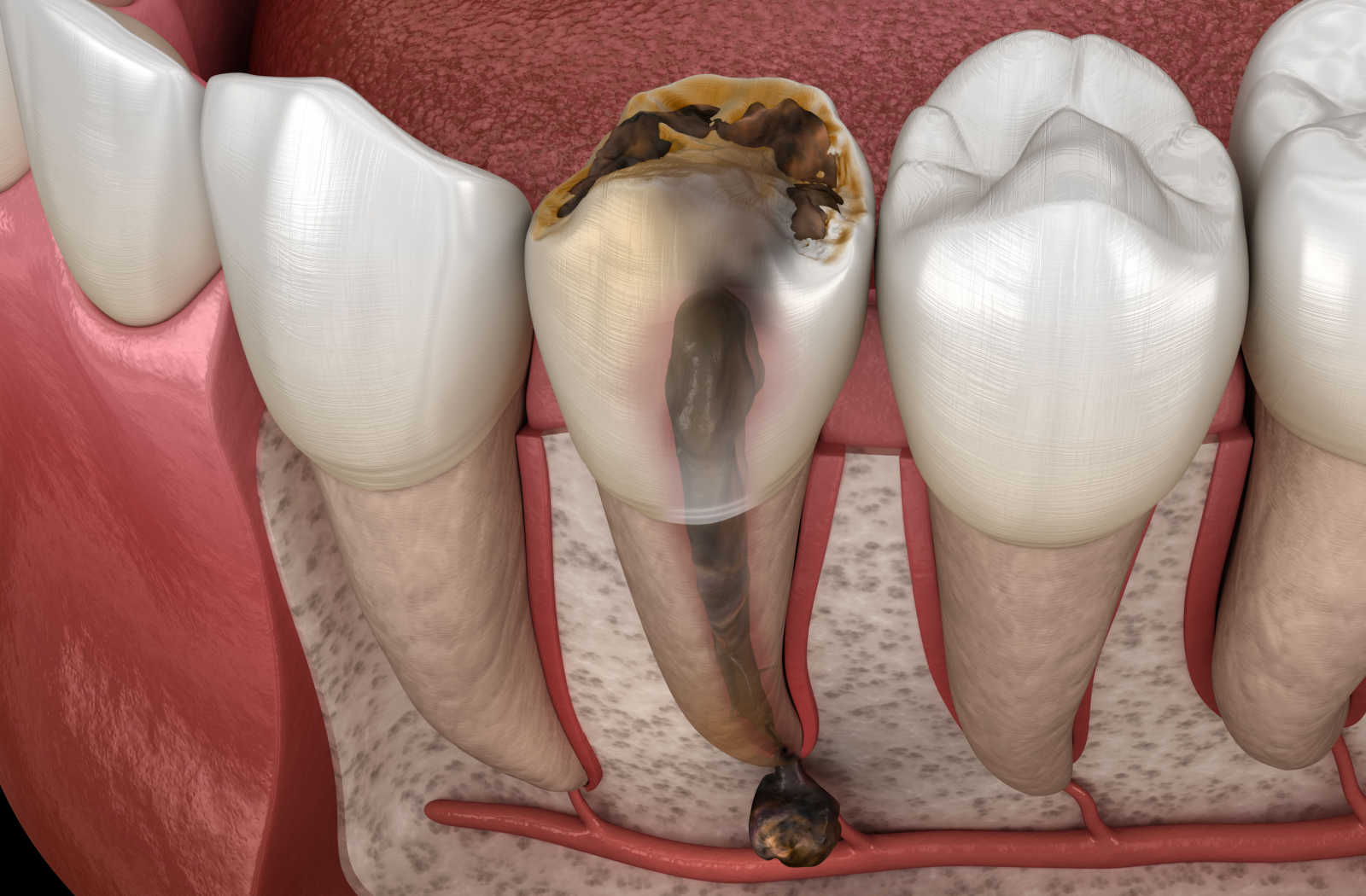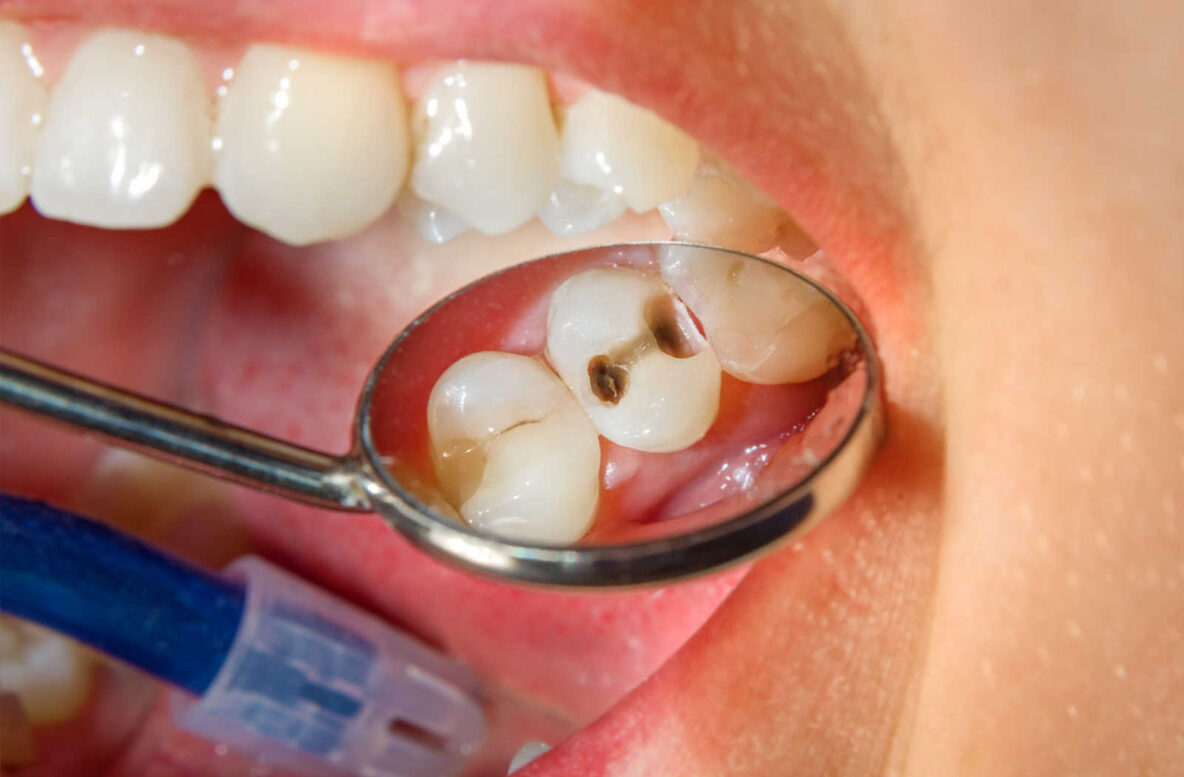We all want our teeth to stay healthy, but sometimes, cavities can be unavoidable! This blog post seeks to answer how long you can leave a cavity untreated.
Untreated cavities can affect your tooth quickly, especially if left without treatment. In as few as 3–6 months, the cavity could reach the nerve and cause irreparable damage.
Individuals need to know what symptoms of dental decay look like and book an appointment with their dentist if any are spotted. Cavity prevention is much easier than treatment, so early detection is essential.
Stick around for more information on what causes cavities and how to protect your mouth from further damage.
What Are Cavities?
Cavities are a common problem that can impact the health of our teeth.
Cavities occur when the acid-producing bacteria in our mouths interact with food residues and erode at the outer layer of tooth enamel, creating a tiny hole. As time passes, this hole can become larger and deeper, allowing pain and infection to set in, potentially leading to tooth loss.
Fortunately, with proper care and regular dental checkups, cavities can be prevented or found early to avoid long-term damage.
In addition to cavities on the surface of a tooth, 2 common forms of cavities are root cavities and recurrent decay.
- Root cavities occur when gum disease causes gums to recede and expose roots with a softer structure than enamel, making them susceptible to increased acid attacks.
- Recurrent decay is when a previous dental filling becomes compromised, allowing food particles and bacteria to seep through, which then causes further damage to the tooth's existing structure.
How Can You Prevent Cavities from Forming?
Taking care of your teeth and gums is one of the most important things you can do to keep your smile bright and healthy. To help avoid cavities:
- Brush for 2 minutes twice a day with a fluoride toothpaste
- Floss once daily
- Eat a balanced diet
- Visit your dentist at least 2 times a year for checkups and cleanings
Doing these simple things can significantly reduce your chances of developing cavities. Making dental health part of your routine takes a small amount of effort but can pay off big in the long run.
Signs That You May Have a Cavity
- If you're experiencing toothache, sensitivity, or pain when you eat something sweet, hot or cold, it could signal you have a cavity.
- Brown, black or white staining on any surface of a tooth can also be an indication.
- Pain when you bite down is another sign that has been known to occur in the presence of cavities.
If you’re concerned about one of these signs pointing to a cavity, the best thing to do is make an appointment with your dentist as soon as possible. They can diagnose your cavity and offer treatment options so you can get back to feeling great.

How Long Can You Leave a Cavity Untreated?
Leaving a cavity untreated for just a few months can cause long-term damage. At the first sign of trouble, you must make your best efforts to visit your dentist right away and get the help you need.
Regular checkups and proper oral care can often prevent cavities before they become a problem.
Your dental health is too important to wait—so don't risk it! Make sure you visit your dentist twice a year for healthy teeth and gums that last.
Visit Green Grove Dental for Cavity Treatment
At Green Grove Dental, we want to help ensure you don't have to deal with the pain and expense of a dental emergency. That's why we take preventive dentistry seriously and monitor potential problem areas.
Regular visits allow small cavities to be detected and repaired before extensive damage is done. However, if you’re experiencing toothache or sensitivity, call us immediately for an appointment.
We strongly recommend starting treatment on a cavity quickly, as the damage can occur quickly and reach your nerve within a few months. Our warm and friendly staff are passionate about helping our St. Albert community maintain healthy teeth. We look forward to hearing from you!

